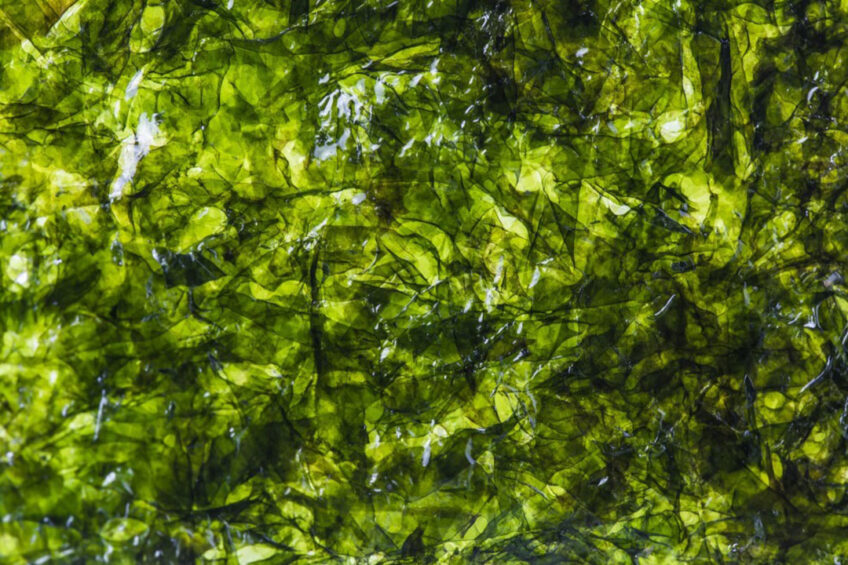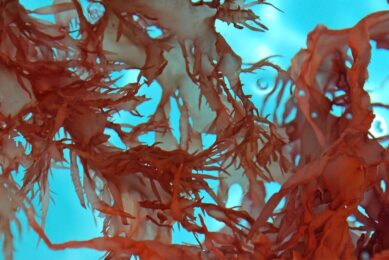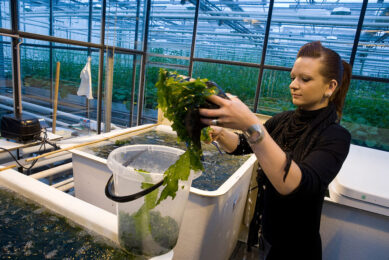Seed funding awarded to grow seaweed to feed laying hens

A project assessing the best cultivation methods for growing seaweed to feed to egg-laying hens is among 4 innovative aquaculture seed funding projects supported in the UK.
The Centre for Innovation Excellence in Livestock (CIEL) has, for the first time, provided aquaculture seed funding, which aims to help accelerate innovation, research and development in the sector. The focus is on 2 themes, namely, Life Cycle Assessment of aquatic species and using seaweeds to create a link between aquatic and terrestrial food production.
Seaweed protein biomass cultivation system
Seaweed start-up company, Seaweed Generation, has been awarded funding for a seaweed protein biomass cultivation system project. This will explore different cultivation methods for different seaweed species while also assessing the palatability for feeding the seaweed to egg-laying hens.
The project will test the prototype of a unique cultivation system using 2 different high-protein seaweed species. Nutrient analysis of the seaweeds’ content will be undertaken by researchers at the University of Stirling and prepared dried seaweeds will be fed to several egg-laying hens to test their response to the addition of seaweeds in their diets.
“…growing seaweed for high-volume products such as animal feed, fertiliser and packaging.”
Seaweeds have been used in poultry to improve animal immune status, to decrease the microbial load in the digestive tract, and for their beneficial effects on the quality of both eggs and poultry meat. They are generally fed in low amounts, with inclusion rates between 1% and 5%.
Robotics to help combat climate change
Seaweed Generation wants to combat climate change with robotics and seaweed. Its first robot, AlgaRay, sinks invasive seaweed into the ocean, locking carbon away for hundreds of years and preventing environmental disasters caused by the seaweed species, such as Sargassum, which can seriously impact human health when it hits coasts.
Its second robot, the AlgaVator, increases automation in seaweed cultivation, cutting costs of growing seaweed so that it can be used for high-volume products such as animal feed, fertiliser and packaging.
“We are only now scratching the surface of seaweed potential.”
Paddy Estridge, Seaweed Generation CEO, said: “Seaweeds are fascinating organisms, and the more we study them, the more potential we see in them: they are globally distributed, occupying many ecological niches and support valuable ocean ecosystems. We are only now scratching the surface of seaweed potential.”
Martin Sutcliffe, CIEL’s aquaculture specialist, added: “Bringing agrifood and aquaculture together is one of the main goals of this work. These are seed projects designed to be developed further in the future, helping drive the industry forward.”
The projects are due for completion later this year.










